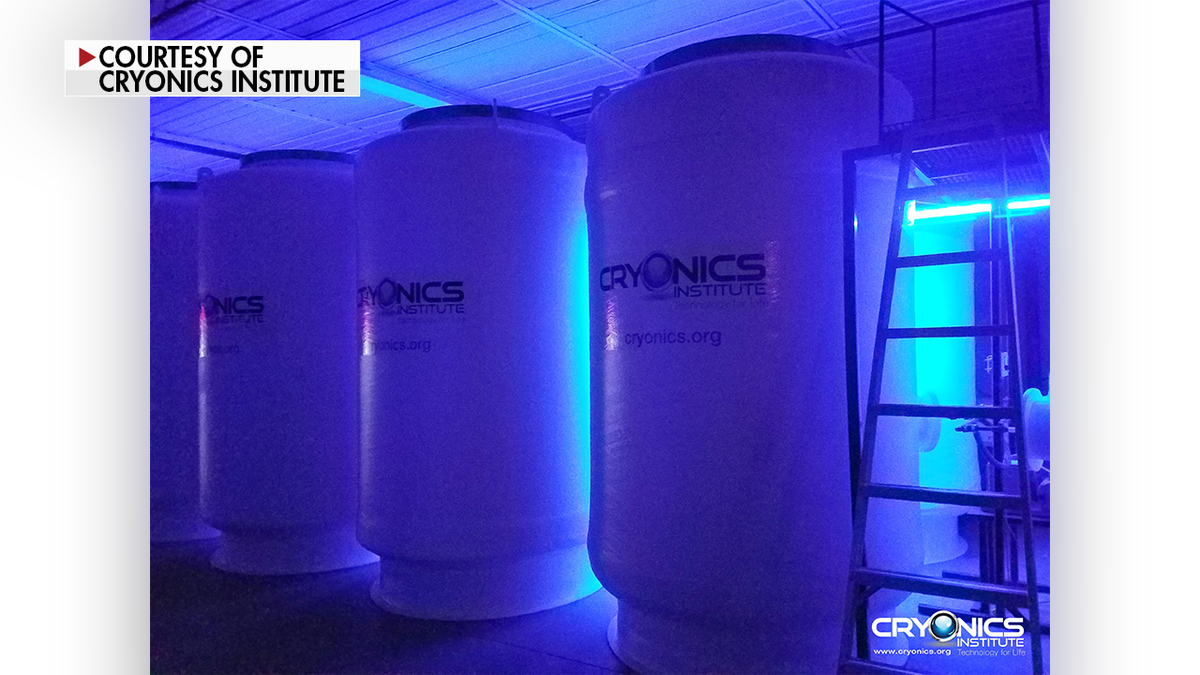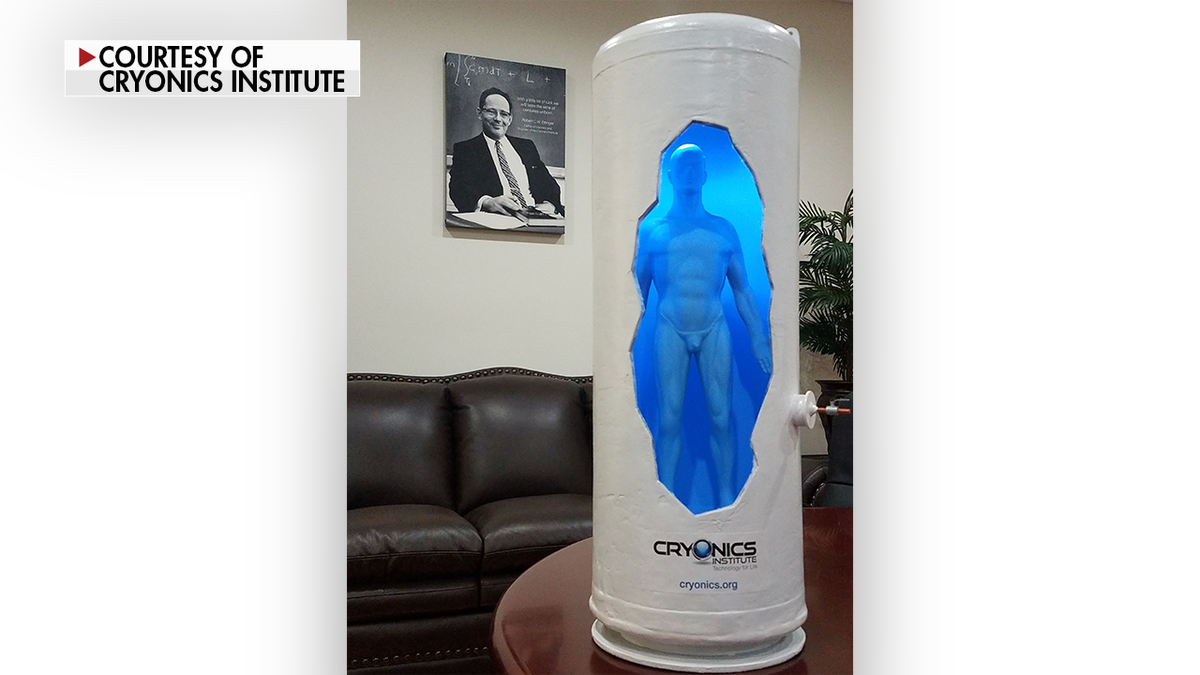Since the age of 13, Joseph Kowalsky has harbored a fascination with life after death, pondering ways to extend his existence indefinitely.
Today, Kowalsky, now 59, is among some 2,000 individuals who have signed up with the Cryonics Institute in Clinton Township, Michigan, betting on a future where death is not the end.
Chilling prospect of immortality
Cryonics, the process at the heart of Kowalsky’s hopes, involves preserving human bodies at ultra-low temperatures in the anticipation that future science will one day revive them.
MEN’S ENERGY AND VITALITY PLUMMETS FOR 6 REASONS. BOOST IT BACK UP THIS WAY
Shortly after a person dies, organizations like the Cryonics Institute use a heart-lung resuscitator, circulate a medical-grade antifreeze in the blood and suspend the body in aluminum pods filled with liquid nitrogen.
Dennis Kowalski, current president of the Cryonics Institute (and no relation to Joseph Kowalsky), told Fox News that over 250 individuals are currently in “suspension” at the Michigan facility.
Could defying death be affordable?
The Cryonics Institute is just one player in a burgeoning industry.
Alcor, the world’s oldest cryonics company, which is based in Scottsdale, Arizona, boasts a state-of-the-art facility where more than 200 individuals are preserved.
MEDITERRANEAN DIET COULD HELP WOMEN LIVE LONGER, HARVARD STUDY FINDS
For those opting for whole-body preservation, the price tag is $200,000, while brain-only preservation costs $80,000.
Alcor CEO James Arrowood dispels the notion that cryonics is solely for the wealthy, highlighting that many clients use life insurance policies to cover costs.

“About 80% of people who sign up are middle-class,” Arrowood told Fox News.
He pointed out that the clientele includes notable figures such as baseball legend Ted Williams, whose head and body were cryopreserved separately.
Skeptics cast doubt
Critics dismiss cryonics as speculative and unproven, labeling it an “iceberg scheme” lacking scientific backing.
CLICK HERE TO SIGN UP FOR OUR HEALTH NEWSLETTER
“It’s a sad case of people being beguiled by a very understandable dream of resurrection,” Clive Coen of King’s College London told Fox News.
The neuroscience professor raised concerns over the damage inflicted during the preservation and revival process, warning that “there will be billions of mini-strokes in every millimeter of brain tissue” due to the inability of antifreeze to traverse the brain’s complex landscape.
Hope springs eternal for death defiers
There is currently no scientific evidence or successful case of a human being revived from a cryonically preserved state.

Despite the skepticism, Joseph Kowalsky, who formerly worked with the Cryonics Institute, remains undeterred.
“Worst-case scenario, I’m still dead … And the upside? It could be a potentially life-saving medical technique,” he said.
For more Health articles, visit www.foxnews/health
As science and ethics continue to grapple with the implications of cryonics, individuals like Kowalsky illustrate a deep-seated hope for defying mortality, one frozen body at a time.
Andres del Aguila and Griff Jenkins contributed to this report.
Read the full article here











